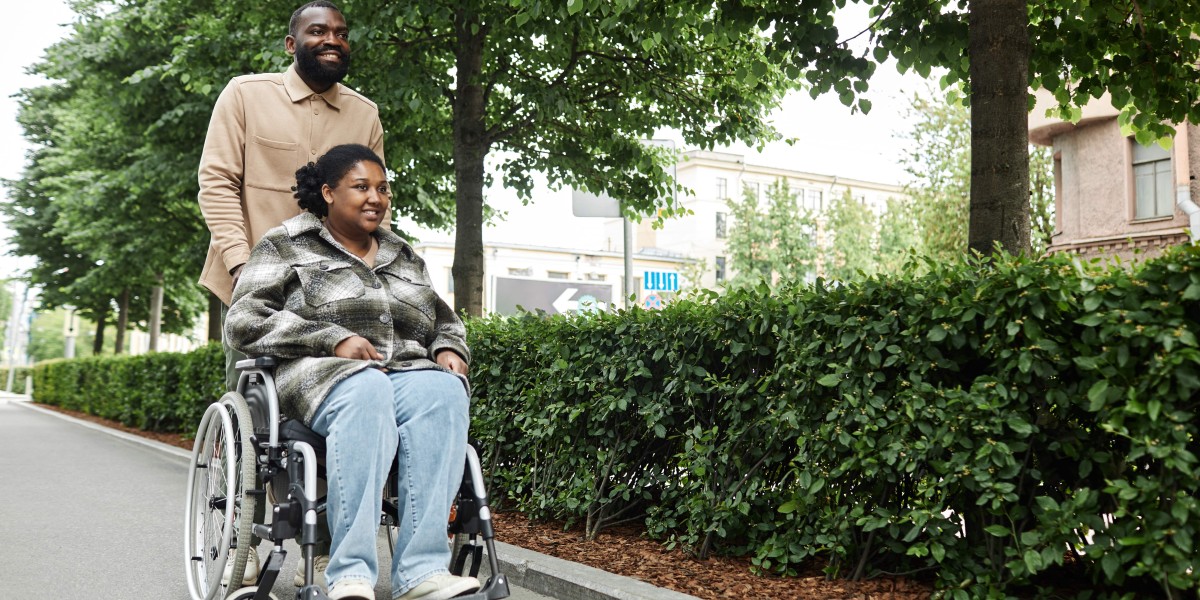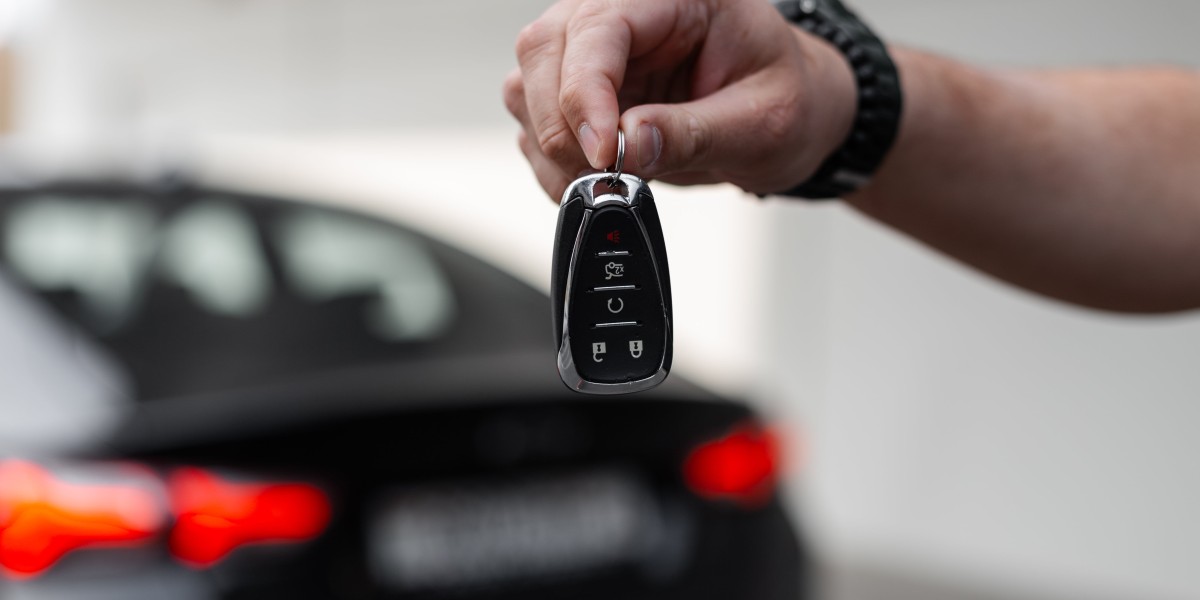Understanding Medical Walkers: A Comprehensive Guide
Medical walkers work as important mobility aids for individuals recuperating from surgery, managing chronic illnesses, or handling age-related mobility concerns. These devices not just boost physical self-reliance however also improve safety, allowing users to browse their environments with higher ease. This short article checks out the types, benefits, features, and factors to consider associated with medical walkers, along with some regularly asked questions.
Table of Contents
- Types of Medical Walkers
- Benefits of Using a Medical Walker
- Key Features to Consider
- Often Asked Questions
- Conclusion
1. Types of Medical Walkers
Medical walkers are available in different styles, accommodating various requirements and preferences. The primary types include:
| Type of Walker | Description |
|---|---|
| Requirement Walker | A rectangular frame with four legs, using stability and support. |
| Two-Wheeled Walker | Similar to a standard Helavo Heavy-Duty Walker - 500 lbs Capacity but geared up with wheels at the front for easier motion. |
| Three-Wheeled Shop Mobiclinic® Foldable Walker Trolley with Seat | A lightweight walker with three wheels, permitting for more maneuverability, ideal for indoor use. |
| Rollator Walker | A walker with four wheels, hand brakes, and a seat, ideal for longer ranges and resting requirements. |
| Hemi Walker | Created for people who can use just one hand, featuring a tripod-like style. |
2. Benefits of Using a Medical Walker
Utilizing a medical walker presents several benefits that contribute to the user's general wellness, including:
- Increased Stability: Walkers supply a stable base of support, decreasing the risk of falls.
- Enhanced Mobility: They make it possible for users to move around more easily, promoting self-reliance.
- Pain Relief: By rearranging weight, walkers can relieve pain in the joints, particularly in the hips and knees.
- Posture Support: These gadgets encourage appropriate posture, reducing strain on the back.
- Boosted Confidence: Users often feel more safe utilizing walkers, leading to better self-esteem and increased activity levels.
3. Secret Features to Consider
When choosing a medical walker, it's essential to examine various features to find the right fit. Here are some important aspects to think about:
- Weight Capacity: Ensure the walker can support the user's weight while keeping stability.
- Height Adjustment: Look for a walker with adjustable height settings to accommodate the user's height and provide comfy grip.
- Product: Lightweight aluminum walkers are much easier to navigate, while steel walkers provide stronger assistance but may be heavier.
- Wheel Quality: If selecting a wheeled walker, consider the wheel size and tread. Larger wheels browse unequal surface areas more quickly.
- Seat Availability: If users will be walking for longer durations, a walker with an integrated seat can offer rest breaks when needed.
- Brakes: Hand brakes are specifically crucial for safety in rollator walkers to manage speed and stop when required.
Kinds of Walkers with Features Comparison Table
| Walker Type | Weight Capacity | Height Adjustment | Wheels | Seat Available | Brakes |
|---|---|---|---|---|---|
| Requirement Walker | Approximately 300 pounds | Yes | No | No | No |
| Two-Wheeled Walker | Up to 300 lbs | Yes | Yes | No | No |
| Three-Wheeled Walker | Up to 250 lbs | Yes | Yes | No | No |
| Rollator Walker | Up to 400 pounds | Yes | Yes | Yes | Yes |
| Hemi Walker | Approximately 250 pounds | Yes | No | No | No |
4. Regularly Asked Questions
Q1: Who ought to use a medical walker?A: Medical walkers are advantageous for individuals recuperating from surgery, experiencing balance issues, or needing assistance due to age-related mobility difficulties. Q2: Can a medical walker be adjusted?A: Yes, most

medical walkers are height-adjustable to accommodate different user heights, allowing for a more comfy grip. Q3: How To Use A Rollator do I select the ideal walker for my needs?A: Consider factors such as the user's weight, height, type of mobility problems, and whether they need a seat or brakes. Checking the walker for comfort and stability before purchase is likewise a good idea. Q4: Are there any safety suggestions associated with using a medical walker?A: Yes, users must guarantee they do not lean too heavily on the walker, use it on steady and level surface areas, and always guarantee exercise, which aids in recovery and mobility improvement. 5.
the brakes are engaged when seated or stationary. Q5: Can walking with a medical walker assist with rehabilitation?A: Absolutely. Medical walkers are often recommended as part of rehabilitation programs as they encourage
Conclusion Medical walkers play an essential function in improving the quality of life for people dealing with mobility difficulties. With various types and functions offered, selecting the ideal walker involves considering the user's particular requirements and circumstances. By understanding their benefits and proper use, people can gain back self-reliance, improve their mobility, and navigate their environments securely. Whether for short-term recovery or long-term assistance, the right medical walker can significantly improve a user's overall well-being. Integrating a medical walker into one's day-to-day routine can be a transformative decision, making it simpler to take part in life's day-to-day activities while guaranteeing safety and self-confidence.



